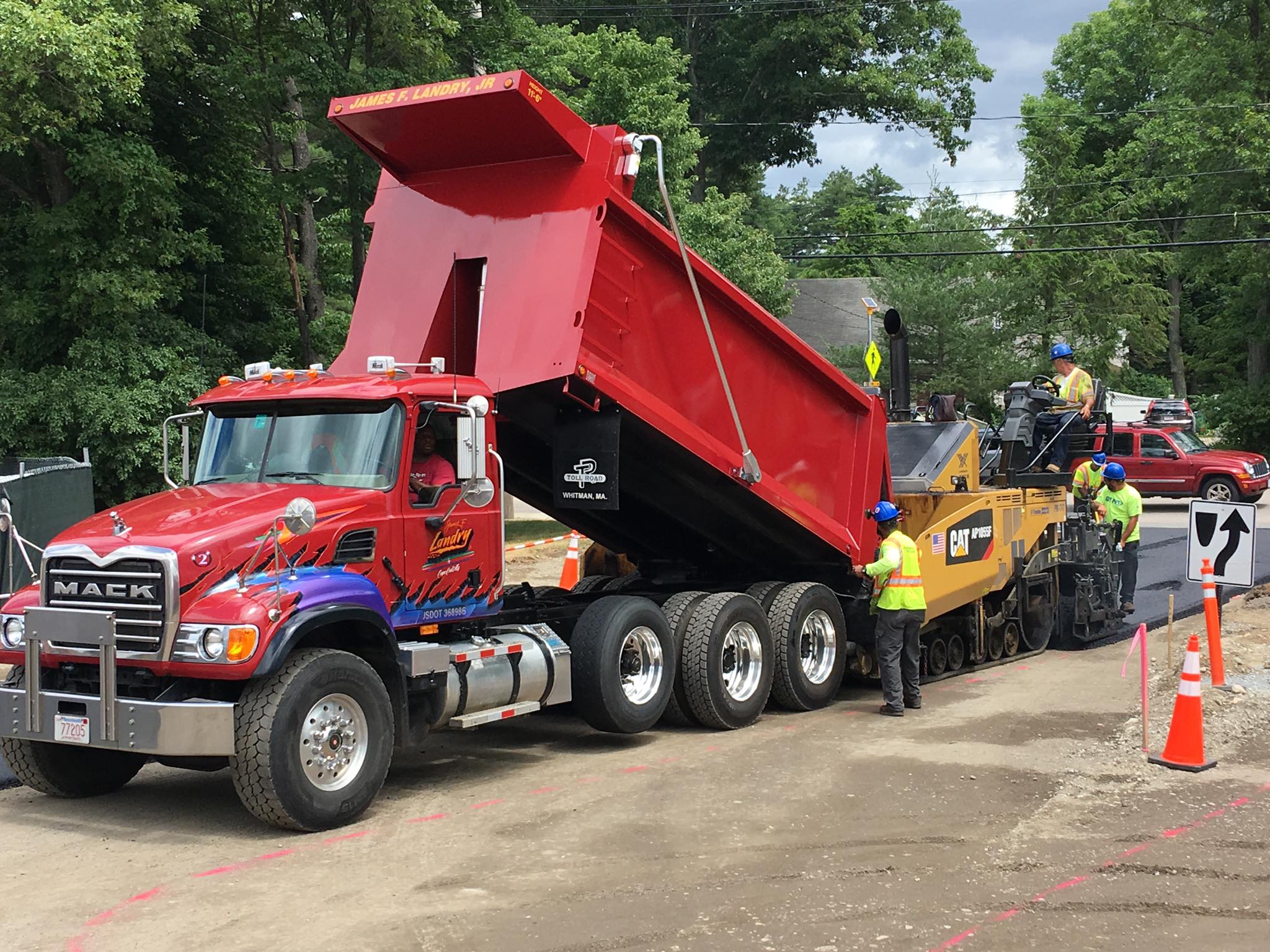Heavy construction accounting is uniquely different from most accounting. In the construction industry, accounting must be handled on a project basis with a variety of cost activities and types. These can be cumbersome to keep track of and estimate. With margins that are often tight, accurate bidding is essential in maintaining a profitable business.
There are a few common areas in construction project accounting where construction companies can focus to ensure profitability.
- Job Costing
- De-Centralized Activities
- Compliance/Payroll
Manual Job Costing Structures
Construction project accounting relies on accurate job costing, a process that allows expenses to be tracked to an individual project. This is different from most other companies, where keeping a general ledger can accurately paint the picture of the company’s finances.
In construction project accounting, each individual project needs to be handled separately. Furthermore, cost activities and cost types need to be tracked and logged appropriately. This can be a highly manual process for most companies. New technology can help back-office teams keep track of expenses digitally - at least when it comes to hauling expenses. Newer tools tie the operations and back-office teams together, digitally keeping track of all hauling and providing a single downloadable invoice containing all needed information to properly job cost.
Transparency in a Decentralized Organization
Many construction companies operate with decentralized teams. While there are some very strong advantages for operating in this model, there are burdens that come along with it. Decentralized structures impact the decision-making of organizations and can directly influence bidding decisions, negotiations, planning, estimation, and scheduling decisions. Often times this provides medium and large construction companies the flexibility they need to make decisions on the fly but it can also lead to chaos if there are no checks and balances.
Bringing in outside tools can help combat some of the pain points that decentralized organizations face. Tools like TRUX are helping dispatchers gain additional insight into the volume of trucking needed for specific jobs and adjusting in real-time. These changes can help create more accurate bids, job costing, resource scheduling & allocation of assets, and financial planning - which can ultimately lead to preservation of profits on a job.
Compliance/Payroll Complexities
There are no shortage of complexities when it comes to compliance and payroll. The process of vetting haulers and obtaining all needed paperwork can be tedious. However, technology is helping streamline this process providing a marketplace of available haulers that have been pre-vetted. Bring on one of these solutions for your team can save on the man or woman power needed to ensure your organization is staying compliant. TRUX takes on the vetting for you, providing a pool of haulers in your area ready and able to work.
When it comes time to pay haulers, there are a whole host of other complexities. Depending on the type of work your company takes on, an additional construction project accounting challenge can be prevailing wage and certified payroll. Keeping accurate records is very important as many states have severe penalties, including not being able to work on future contracts for up to three years. Some technologies are starting to support prevailing wage on a state by state basis. However, having accurate digital records available to your accounting team can greatly help them ensure they are staying compliant.
Be Part of The Technological Solution
The world of construction project accounting provides a unique set of challenges; however, new technologies are recognizing the complexity and offering solutions to take the burden off of finance teams. TRUX has developed solutions to make job costing for hauling easier and more accurate, decreasing the pain points of de-centralized organizational structures, and providing tools and data to make compliance management less burdensome. Each of these components can make an incremental difference to your finance teams; however, when combined you can start to realize real growth throughout the full organization.
Using operational data, with a tool like TRUX, helps finance and accounting teams reconcile activities in the field accurately and efficiently in the office. Managing and accounting for your companies hired hauling is only a small portion of the accounting team’s job. However, streamlining the data can make a significant difference in the efficiency of the department and the company.

